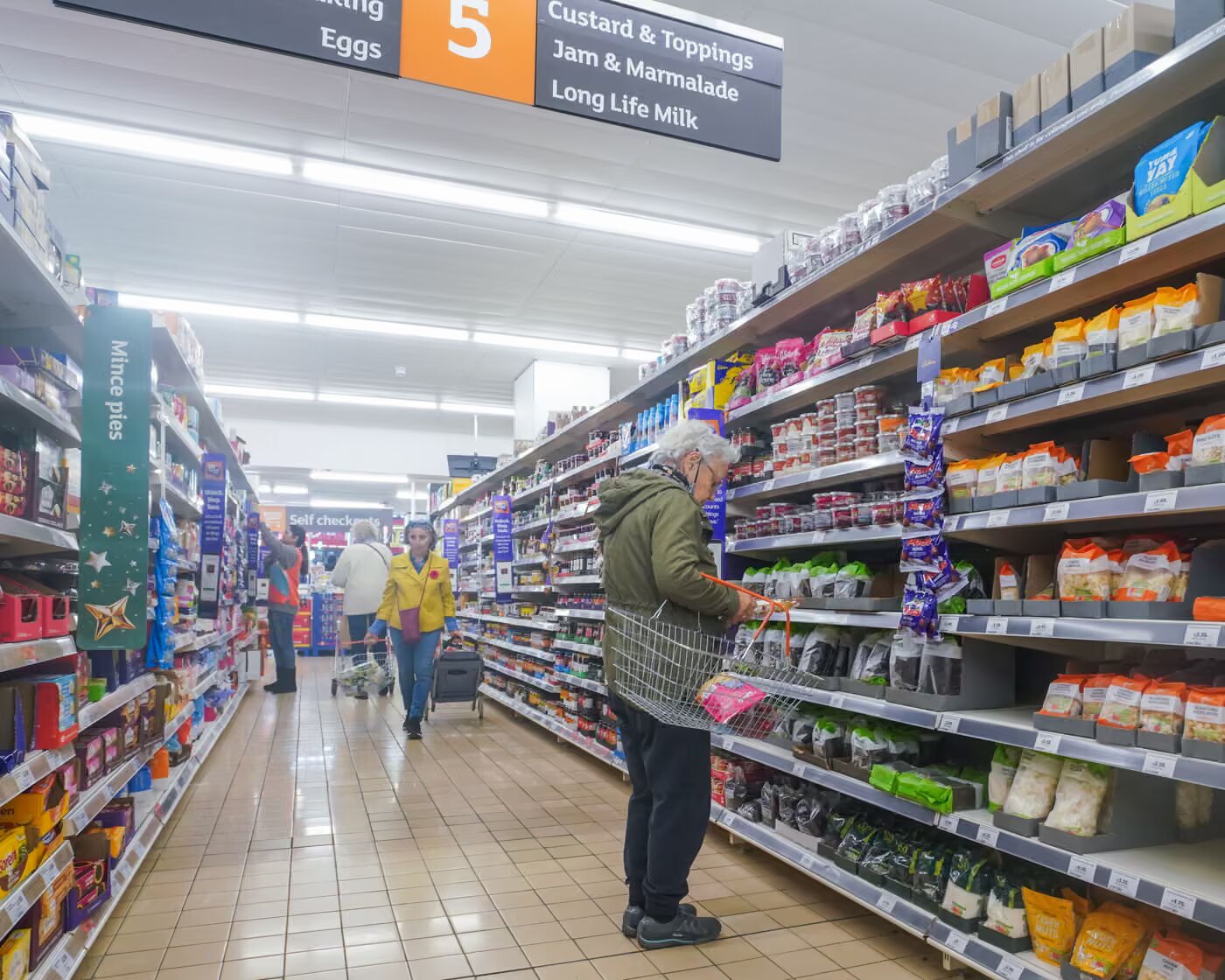Boss of supermarket urges Rachel Reeves not to fuel inflation with tax rises on retailers and suppliers

The boss of Sainsbury’s has urged Rachel Reeves not to fuel inflation with tax rises on retailers and their suppliers and says shoppers are delaying spending in the lead-up to her budget later this month.
Simon Roberts, the chief executive of the UK’s second biggest supermarket, which also owns Argos and Habitat, said his customers were “going to be cautious on discretionary spending, not least because of uncertainty out there and [household] budgets are tight”.
He said Argos had launched its deals for the Black Friday promotional event earlier than last year to try to tempt out shoppers as it was seeing “some delayed spend” while households waited to see if they would have to pay more tax.
Roberts said it was not clear if food price inflation had peaked, adding: “The inflationary pressures on cost base have been significant this year … What we don’t want to see [in the budget] is further impacts that may cause further inflation.
“No one wants to see inflation go any higher.”
He pointed to a £140m increase in the retailer’s employers’ national insurance costs and new regulatory costs on packaging, which he said amounted to “tens of millions of pounds” and said “We have had to work really hard as an industry and a business at Sainsbury’s to contain those costs.”
He said retailers had put forward their case to prevent additional business rates on large shops, which could affect many supermarkets.
It came as ITV also warned of a hit from budget uncertainty, blaming weaker consumer and corporate confidence for a pre-Christmas slide in advertising revenue, predicting a 9% year on year fall in the key final quarter of the year. It announced plans to cut £35m more from costs this year, including by delaying some shows into 2026 and cutting marketing spending.
Roberts spoke out about government tax plans as he revealed that Sainsbury’s is to open one supermarket a month over the next 18 months – its biggest expansion in more than a decade – as it upgraded annual profit hopes to more than £1bn.
Analysts from Shore Capital, Sainsbury’s broker, said it was upgrading profit expectations by £20m to £1.02bn, helping to push shares in the supermarket up by more than 6%, making it one of the top risers in the FTSE 100 on Thursday.
The company also said it would be paying out a £250m special dividend to shareholders, after proceeds from the sale of its bank came in ahead of expectations at more than £400m. It also said it would spend a further £150m on buying back shares – another way of returning funds to investors.
Asked why he was suggesting new taxes could fuel inflation while paying out more than £400m to shareholders, Roberts said Sainsbury’s had put £1bn into keeping prices down for shoppers over the past five years and £500m on increasing pay for workers. “It is about making sure we get the equation right for all our stakeholders,” he said.
Despite what it called a “highly competitive market”, the UK’s second largest grocer said it had increased market share as sales rose 4.8% to £15.6bn in the six months to 13 September, led by a 5.2% rise in grocery sales.
Pre-tax profits rose 5% to £271m in the half year after £69m of one-off costs mostly related to restructuring in its retail stores, including the closure of cafes and deli counters.
The company said it had opened six supermarkets in the half year and would open another six supermarkets by the end of March and then 12 in the following year, its biggest investment in new stores for a decade. It also plans to open 30 convenience stores in the year to March and 28 in the following year.
Sainsbury’s bought 13 former Homebase stores in 2024 followed by a number of Co-op outlets.
The figures indicate a step up in the pace of grocery sales in the second quarter, as inflation has lifted and Sainsbury’s won market share, but also show a slowdown in sales growth at Argos.
Sainsbury’s said Argos’s performance was strong as a result of the warm summer and efforts to improve service and price, but its sales figures in the second quarter were up against a very busy period last year when it discounted heavily to clear stock after a cold summer.
